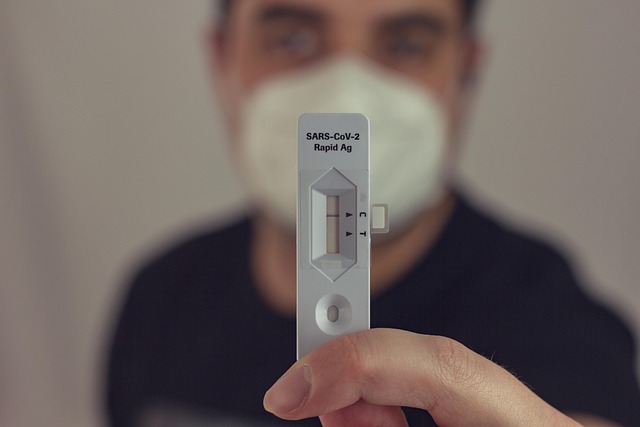The Definitive Guide to Understanding Vaccine Efficacy
In the world of vaccines, the term vaccine efficacy is often heard but not always fully understood. Whether you’re a healthcare professional, a concerned parent, or simply someone navigating the vast landscape of health information, grasping what vaccine efficacy truly means can empower you to make informed decisions for yourself and your loved ones.
What is Vaccine Efficacy?
At its core, vaccine efficacy refers to how well a vaccine works in controlled clinical trials. It is usually expressed as a percentage that indicates the reduction in disease occurrence among vaccinated individuals compared to those who received a placebo.
For example, a vaccine with 90% efficacy means that the vaccinated group had 90% fewer cases of the disease than the unvaccinated group during the trial. However, this number doesn’t just reflect a simple “all or nothing” outcome – it’s a nuanced measure of protection.
Why Does Vaccine Efficacy Matter?
Understanding vaccine efficacy helps set realistic expectations. No vaccine guarantees 100% protection for everyone, but most highly efficacious vaccines greatly reduce the severity and spread of diseases, contributing to community-wide immunity.
Beyond personal health, vaccine efficacy plays a critical role in public health planning. It informs governments and organizations on how to allocate resources, prioritize at-risk populations, and shape the strategies to curb infectious diseases.
Factors Influencing Vaccine Efficacy
- Age and Health Status: Elderly people or those with compromised immune systems may respond differently to vaccines.
- Virus Variants: As viruses mutate, vaccine efficacy can fluctuate, making ongoing research essential.
- Vaccine Type: Different platforms (mRNA, viral vector, inactivated virus) have varying efficacy levels and immune responses.
- Dosing Schedule: Proper timing between doses enhances effectiveness.
- Population Diversity: Efficacy measured in clinical trials may differ when vaccines are administered broadly in diverse real-world settings.
Vaccine Efficacy vs. Vaccine Effectiveness
It’s important not to confuse vaccine efficacy with vaccine effectiveness. While efficacy is measured in the controlled environment of clinical trials, effectiveness refers to how well the vaccine performs in real-world conditions, where factors like adherence to dosing schedules and population diversity come into play.
Empowering Yourself with Knowledge
Feeling confident about vaccines starts with understanding the science behind vaccine efficacy. Recognize that these numbers are not just statistics but represent the collective effort of research designed to protect you and your community.
The vaccine category continues to evolve with groundbreaking advances, and staying informed will help you navigate this ever-changing landscape with clarity and assurance.




